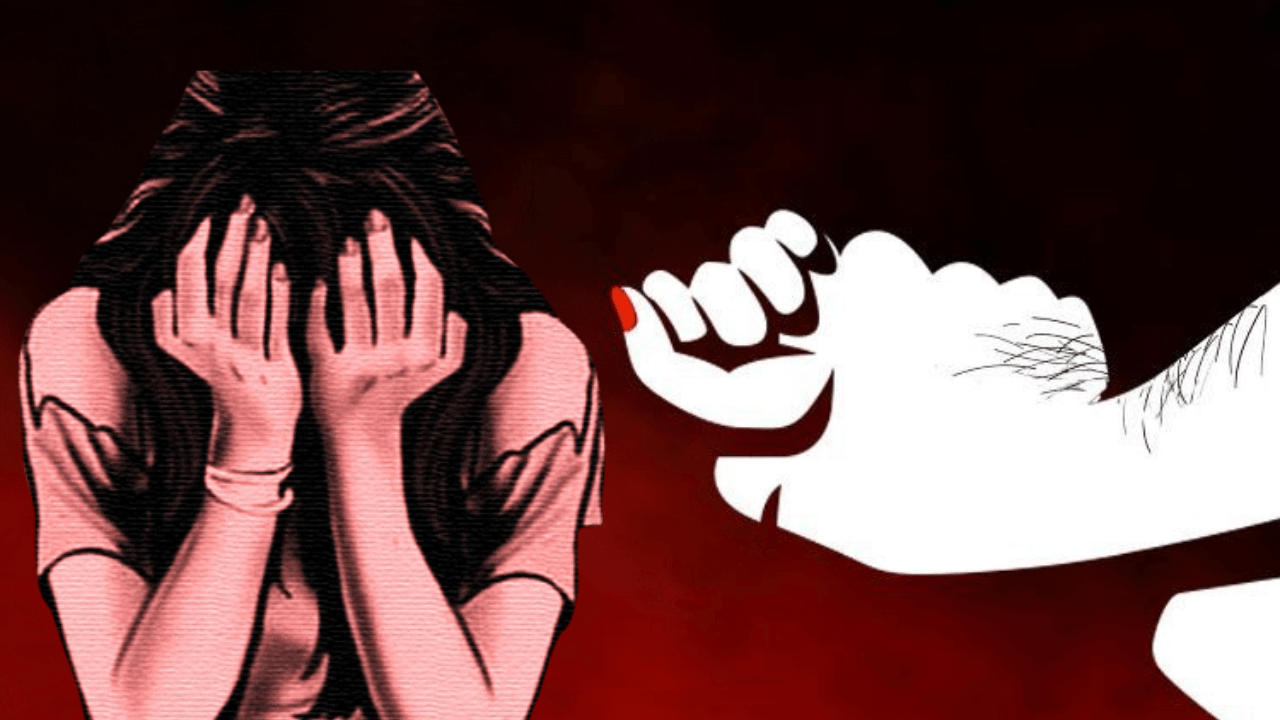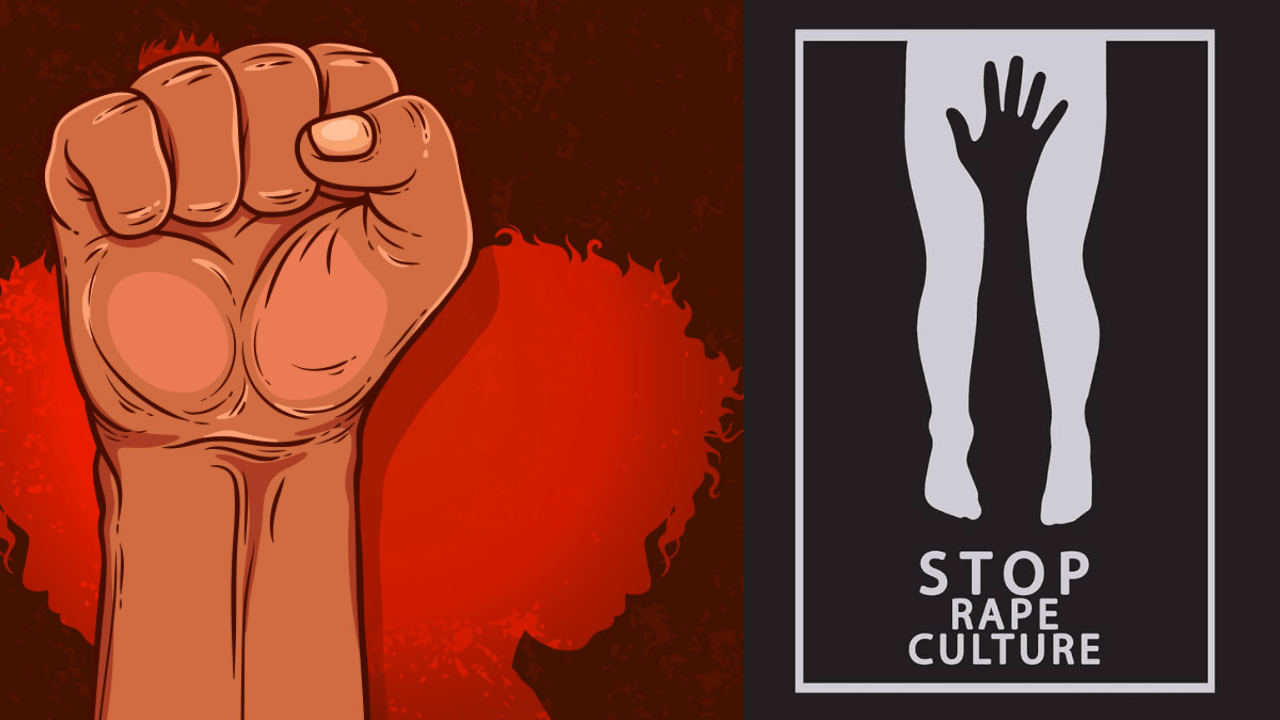Exploring why rape happens and delving into the mentality of rapists. Understand the psychological, societal, and cultural factors that drive this heinous crime and learn how we can break the cycle of violence!

Rape is one of the most devastating crimes that leaves survivors scarred for life, both physically and emotionally. Unfortunately, rape cases are increasing worldwide, and in India, this crime has shaken society to its core with horrifying incidents like the Nirbhaya case and the recent rape of a junior doctor at Kolkata’s R.G. Kar Medical College. But to truly address this epidemic, we need to understand why rape happens and what goes on in the mind of a rapist.
What Drives a Rapist? The Role of Power and Control
The question “why” can often leave us perplexed, especially when faced with incidents as gruesome as the 2012 Nirbhaya gang rape in Delhi. A young woman was brutally attacked on a bus by a group of men who violated her in unimaginable ways. Nirbhaya’s case was not about sexual desire; it was about power. The perpetrators sought to dominate and humiliate their victims, exerting control in the most violent manner possible.
This need to overpower is a driving force in many rape cases. Studies have shown that rape is frequently motivated by the desire to assert dominance rather than sexual gratification. Rapists use sexual violence as a tool to strip their victims of their dignity and autonomy.
In recent interviews with convicted rapists, many have revealed that they committed rape because they wanted to “teach the victim a lesson” or “prove their masculinity.” This reflects a disturbing belief system where violence and aggression are equated with manhood. In the Nirbhaya case, one of the rapists even blamed the victim, stating that “a decent girl wouldn’t roam around at night.” This twisted mindset demonstrates the dangerous and distorted thinking that many rapists adopt to justify their actions.
The Case of Kolkata’s R.G. Kar Medical College
Fast forward to 2024, and India is still grappling with similar horrors. The recent rape of a 31-year-old junior doctor at R.G. Kar Medical College in Kolkata once again highlights how rape continues to plague society. The victim, who was supposed to be safe in a professional environment, was brutally assaulted by a fellow staff member. The incident sent shockwaves throughout the country, sparking protests and demands for justice.
This case serves as yet another example of how power dynamics play a role in sexual violence. The perpetrator targeted his colleague, possibly viewing her as vulnerable due to her junior position, and took advantage of the opportunity to assert control over her. These incidents reinforce the grim reality that rape is often an expression of power, not merely a crime of passion or lust.

Masculinity and Toxic Gender Norms
Rape is often rooted in toxic masculinity, a societal problem that teaches men to equate their worth with dominance and aggression. From an early age, many boys are conditioned to believe that showing emotions or vulnerability makes them “weak.” This leads to the internalization of harmful beliefs, where manhood is associated with control, and women are seen as objects to be conquered.
This mentality was on full display in the Nirbhaya case, where the attackers sought to demonstrate their dominance not just over Nirbhaya but over all women. Similarly, the Kolkata case shows how toxic masculinity can infiltrate even professional spaces, where a man might feel entitled to assert his control over a woman he perceives as subordinate.
The Psychology of a Rapist: Inside the Mind of a Predator
To understand why rape happens, it’s crucial to explore the psychology of the rapist. Several psychological theories have been put forward, one of which is cognitive distortion. Many rapists convince themselves that their actions are justified or that the victim “deserved” it. This was evident in the Nirbhaya case, where the rapists blamed the victim for being out at night, completely ignoring their own monstrous behavior.
Similarly, in the case of the Kolkata junior doctor, the perpetrator might have rationalized his actions by objectifying the victim, reducing her to an object of power rather than seeing her as a colleague and human being. Cognitive distortions like these allow rapists to distance themselves from the gravity of their crimes, making it easier for them to avoid feelings of guilt or remorse.
Another psychological explanation for rape lies in psychopathy. Many rapists lack empathy, showing little to no concern for the pain they inflict on their victims. This lack of empathy allows them to commit such heinous acts without any regard for the long-term emotional and physical trauma they cause.
Rape Culture and Its Perpetuation
Rape doesn’t happen in a vacuum; it’s often the result of a culture that normalizes sexual violence. India, like many other countries, grapples with a pervasive rape culture that tolerates victim-blaming and objectification of women. This was evident during the Nirbhaya trial, where defense attorneys and even public figures questioned the victim’s behavior, rather than focusing on the barbarity of the crime itself.
The media also plays a significant role in perpetuating rape culture. Women are frequently objectified in films, music, and advertisements, creating a climate where it’s easier for men to dehumanize them. In this context, rape becomes not just an individual crime but a societal issue that is reinforced by harmful stereotypes and misogyny.
The Impact of Rape on Survivors and Society
The emotional and psychological toll of rape on survivors is immense. Nirbhaya’s mother has often spoken publicly about the unbearable pain of losing her daughter in such a horrific manner. The emotional scars left by rape can last a lifetime, with survivors often battling PTSD, depression, and anxiety.
In the Kolkata case, the junior doctor will likely face long-term trauma, affecting not only her personal life but also her professional career. Survivors often struggle to regain a sense of normalcy, and many are stigmatized by society, compounding their trauma.
On a societal level, rape contributes to the reinforcement of gender inequality. It creates an environment where women live in fear, constantly modifying their behavior to avoid becoming victims. The Nirbhaya case sparked a nationwide movement for women’s safety, but the fact that such incidents continue to happen underscores the deep-rooted gender inequalities that persist.

Breaking the Cycle: The Road to Change
To break the cycle of rape, we need to address the root causes of the crime. Education is paramount. Boys and men need to be taught from an early age that masculinity is not about dominance or aggression but about respect and empathy. Initiatives like gender sensitization programs in schools and workplaces can help shift the narrative away from toxic masculinity.
Additionally, the legal system must be strengthened to ensure that rapists are swiftly brought to justice. The Nirbhaya case led to stricter laws against sexual violence, but the Kolkata case reminds us that more needs to be done to prevent such crimes in the first place.
Looking Forward Towards a Safer Society
The cases of Nirbhaya and the Kolkata junior doctor show us that rape is not just a crime of passion—it’s a crime of power, control, and deep-seated societal problems. To create a society where rape is no longer a daily threat, we must address the cultural, psychological, and systemic factors that allow such crimes to occur. Understanding the rapist’s mentality is just the beginning. True change will only come when we challenge the norms and values that perpetuate rape culture.
Read Next:

The Psychology of Love: Why Valentines Day Matters More Epic Than You Think
Discover the psychology of love and why Valentines Day is more important than you think. Learn how love impacts the brain, strengthens relationships, and boosts

Premier League Highlights: Arsenal Humiliate Man City 5-1, Spurs and Palace Secure Crucial Wins
Arsenal demolished Manchester City 5-1 in a statement premier league highlights win, reigniting their title hopes. Meanwhile, Crystal Palace stunned Man United 2-0, and Tottenham

How Budget 2025 Impacts the Indian Middle-Class: Major Tax Benefits and Glaring Omissions
Budget 2025 offers major tax relief to the middle class, including zero tax on incomes up to ₹12 lakh. However, it misses out on incentives

Degrees vs Employability: Why “Highly Qualified Degree Holders” Struggle to Find Jobs While “Less Qualified Individuals” Get Hired Faster!
Many highly qualified individuals struggle to secure jobs, while less qualified candidates get hired quickly. This Degrees vs Employability paradox is caused by employer preferences,

The Power of Mindset: Why Looking Poor Doesn’t Make You Poor, but Thinking Poor Does!
Discover why looking poor doesn’t define your wealth but thinking poor does. Learn the power of mindset and how a growth-oriented mindset can lead to

Overthinking: How It’s Damaging Today’s Youth – Causes and Cure in 2025
Understanding how overthinking is silently damaging today’s youth, from its causes rooted in societal pressure and social media to its long-term effects on mental health.
